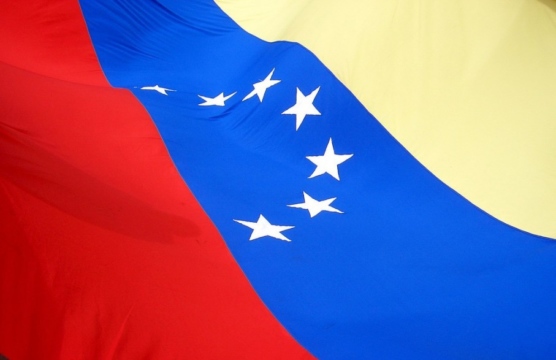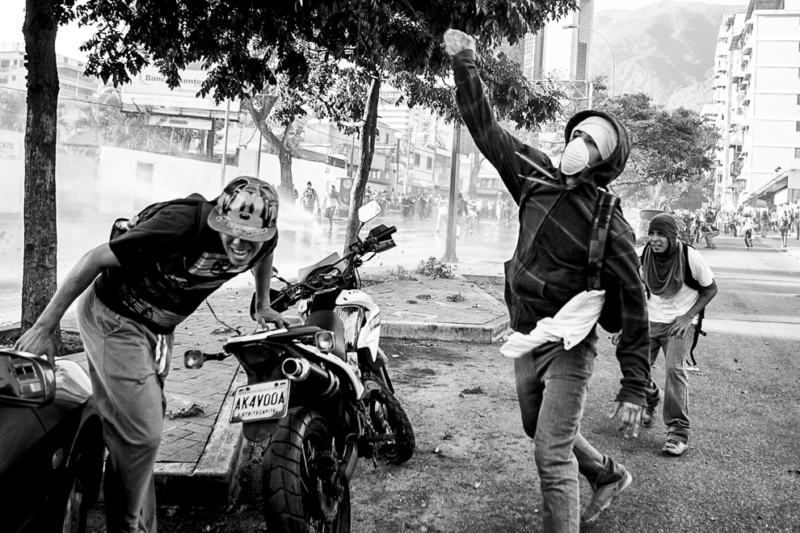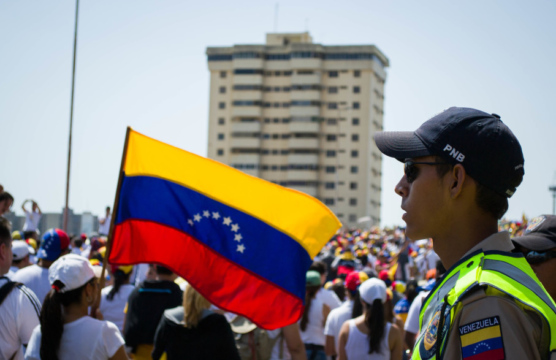
Falling Oil Prices Push Venezuela, Maduro Closer to the Edge
With crude oil prices down 25 percent since June and holding at roughly $86 a barrel on Tuesday, Venezuela is getting nervous.
Juan Guaidó’s proclamation that he is interim president of Venezuela, which has won the full support of the United States and other countries, opens a new phase in the long crisis of that Latin American nation. For the first time in years, dictator Nicolás Maduro is on the defensive, and Venezuelans are hopeful that change is possible. But it would be naïve to think this means the end of the chavista regime.
Only weeks ago, Maduro seemed to be fully in control, as he got ready to begin a new six-year term following fraudulent elections held last year. The situation began to change rapidly, however, during the first days of 2019, when the opposition-controlled National Assembly selected Guaidó as its president. Although the office comes with little real power, since the Assembly’s functions have been usurped by a chavista-packed Constitutional Assembly, his appointment turned Guaidó into a rising opposition figure.
As the U.S., Canada and many Latin American countries refused to recognize Maduro’s new term, opposition forces started to discuss the possibility of proclaiming Guaidó as interim president, following the constitutional procedure for cases of presidential vacancy. Finally, amid massive opposition demonstrations across the country, on Jan. 23 (the anniversary of the fall of a military dictator in 1958), Guaidó took the oath as provisional president before a crowd in the streets of Caracas. Within minutes, the White House and most other governments throughout the hemisphere recognized him as Venezuela’s only leader.
These developments are significant for several reasons. First, because Guaidó offers a new and unified leadership for an exhausted opposition, as he is not tied to its past divisions and failures. For the first time in years, Venezuelans can mobilize not just to oppose Maduro, but also to support a clear alternative. The quick and massive response to Guaidó’s call for nationwide protests in a country ravaged by massive emigration and socioeconomic collapse shows that he has rekindled hope for a significant part of the population, including former followers of chavismo.
[...]
With crude oil prices down 25 percent since June and holding at roughly $86 a barrel on Tuesday, Venezuela is getting nervous.
Can the government led by Nicolas Maduro survive the wave of street protests that have spread throughout Venezuela over the past two weeks?
Deadly protests, the largest since President Nicolás Maduro’s election last year, have wracked Venezuela in recent weeks.
 Alejandro Cegarra / Flickr / CC BY-NC-ND 2.0
Alejandro Cegarra / Flickr / CC BY-NC-ND 2.0
